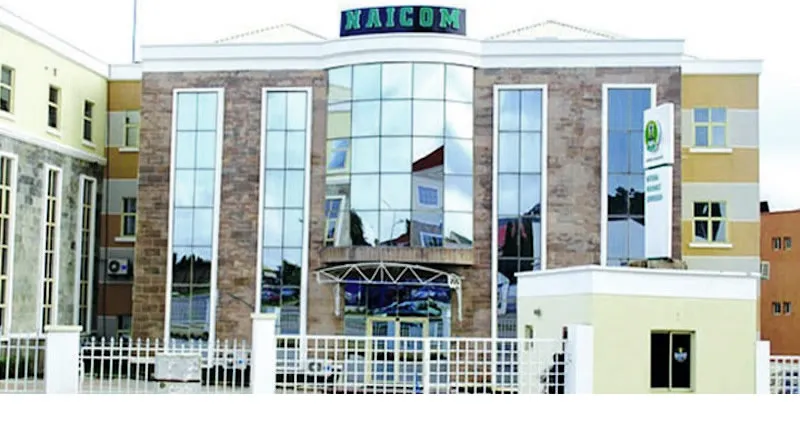
By David Akinmola
The National Insurance Commission (NAICOM) has disclosed that more than 250,000 farmers were insured across eight states in the second quarter of 2025 under various federal agricultural insurance initiatives, reinforcing efforts to strengthen risk protection and boost food security nationwide.
The Commissioner for Insurance, Mr. Segun Omosehin, announced this in Maiduguri, Borno State, during the 2025 Stakeholders’ Retreat of the House Committee on Insurance and Actuarial Matters, themed “Navigating the New Era of Insurance Regulation – Understanding the Nigerian Insurance Industry Reform Act (NIIRA) 2025.”
Omosehin said the federal government, in partnership with private insurers, is scaling up agricultural insurance to protect farmers against climate shocks, pest invasions, and other risks that threaten productivity and livelihoods.
According to him, over 1.47 million smallholder farmers have so far been covered under the Nigeria Incentive-Based Risk Sharing System for Agricultural Lending (NIRSAL) insurance schemes, with projections to reach 3.6 million by 2026.
Citing recent data, the NAICOM boss noted that insured rice farmers in North Central Nigeria recorded 11 per cent higher productivity compared to their uninsured counterparts — averaging 20 bags per hectare against 18. He attributed the performance gap to increased confidence and investment by farmers who are protected under insurance cover.
Omosehin also highlighted notable impact stories across several states, including Kaduna ginger farmers who received payouts under the NAGS-AP scheme following a devastating 90 per cent crop loss. Similarly, the introduction of livestock and encroachment insurance in Sokoto, Bauchi, Adamawa, and Plateau States, he said, is helping to mitigate farmer-herder conflicts by cushioning financial losses and promoting peaceful coexistence.
“The linkage between agriculture and insurance is no longer optional — it is a strategic imperative,” Omosehin said. “With stronger partnerships, wider technology adoption, and a supportive legal framework, we can secure our farmers, stabilise rural economies, and protect national food security.”
He explained that the newly enacted Nigerian Insurance Industry Reform Act (NIIRA) 2025 provides a transformative framework for expanding index-based and parametric insurance for crops and livestock. It also encourages bundled products that integrate insurance with agricultural inputs and credit facilities, while promoting collaboration with technology firms and agribusinesses to enhance digital delivery.
Omosehin reaffirmed NAICOM’s commitment to working closely with the National Assembly, state governments, and industry stakeholders to embed insurance into agricultural extension services and promote inclusive rural finance.
“Our vision is to make insurance a core pillar of Nigeria’s agricultural transformation agenda,” he said. “By protecting farmers and investors against shocks, we are not only safeguarding livelihoods but also laying the foundation for a resilient and food-secure economy.”







